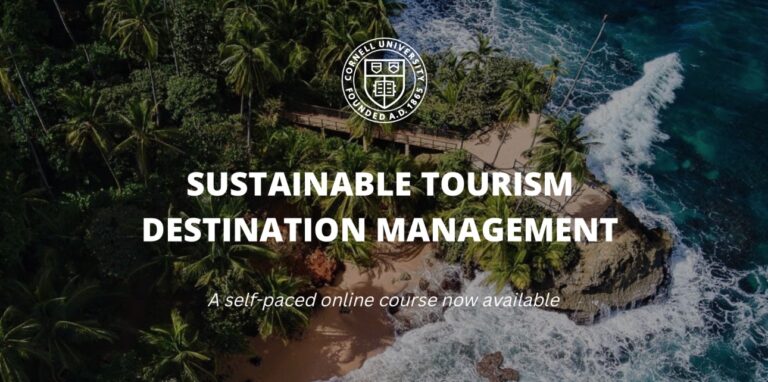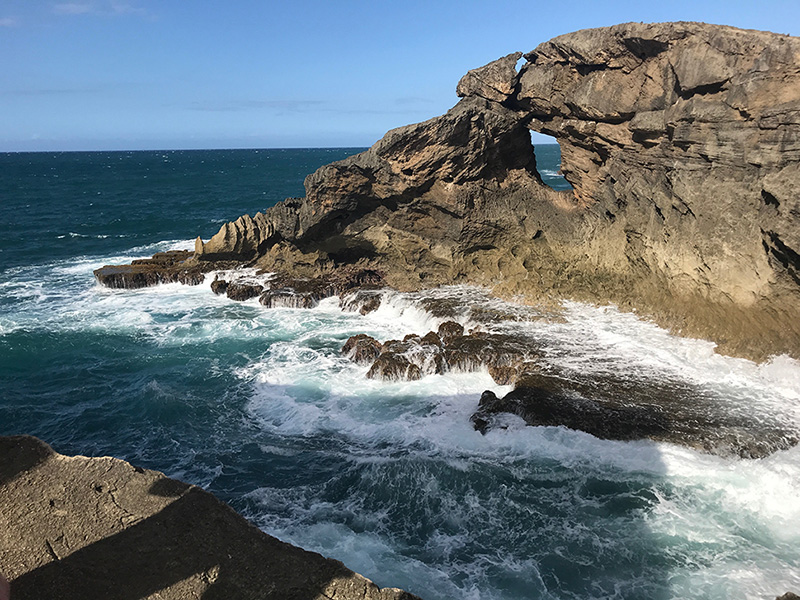









Sustainable Tourism | Ecotourism | Destinations & Communities
EplerWood International (EWI) builds value-added sustainable tourism economies which invest in improved local well-being.
EWI has a substantial track record working in the field together with the World Bank, Inter-American Development Bank, USAID, and GIZ. We work closely with industry associations; destination management organizations; city, county and state governments; and NGOs in the United States; Canada; Cambodia; Thailand; Vietnam; India; Sri Lanka; Bangladesh; China; Samoa; Fiji; Honduras; El Salvador; Costa Rica, Ecuador; Colombia; Brazil; Mexico; Puerto Rico; the Dominican Republic; Tunisia; Egypt ; Cyprus & Sierra Leone. See details here.

THE INVISIBLE BURDEN:
Groundbreaking Reports
& Analysis
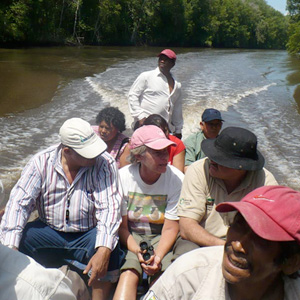
DESTINATION MANAGEMENT:
Ecotourism & DestInvest
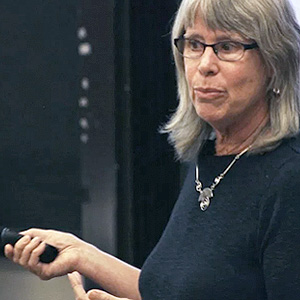
SPEAKING:
Speaking & Strategic
Destination Evaluation
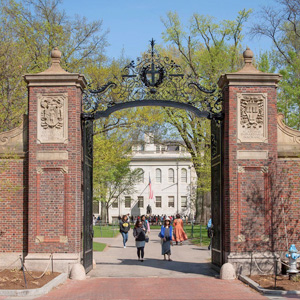
KEY AFFILIATIONS:
Harvard University, Cornell University, The Travel Foundation
FEATURED PROJECTS

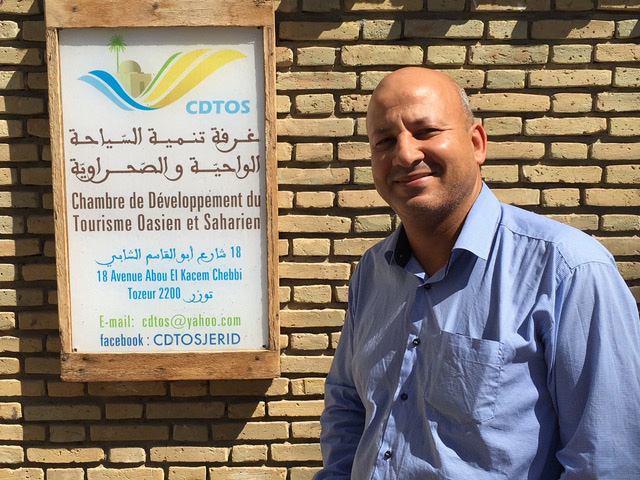
Tunisian Tourism and Environmental Health in a Changing Climate
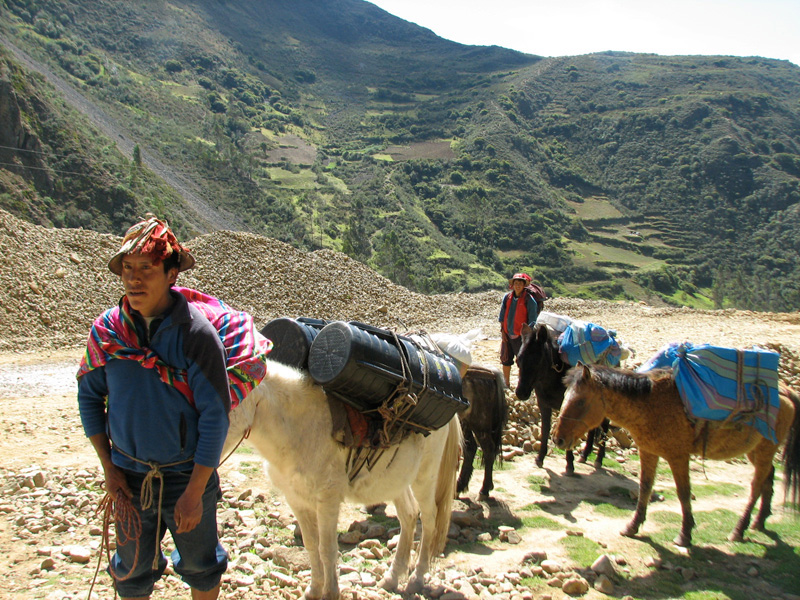
Latin American Tour Operators Plan for Sustainable Tourism
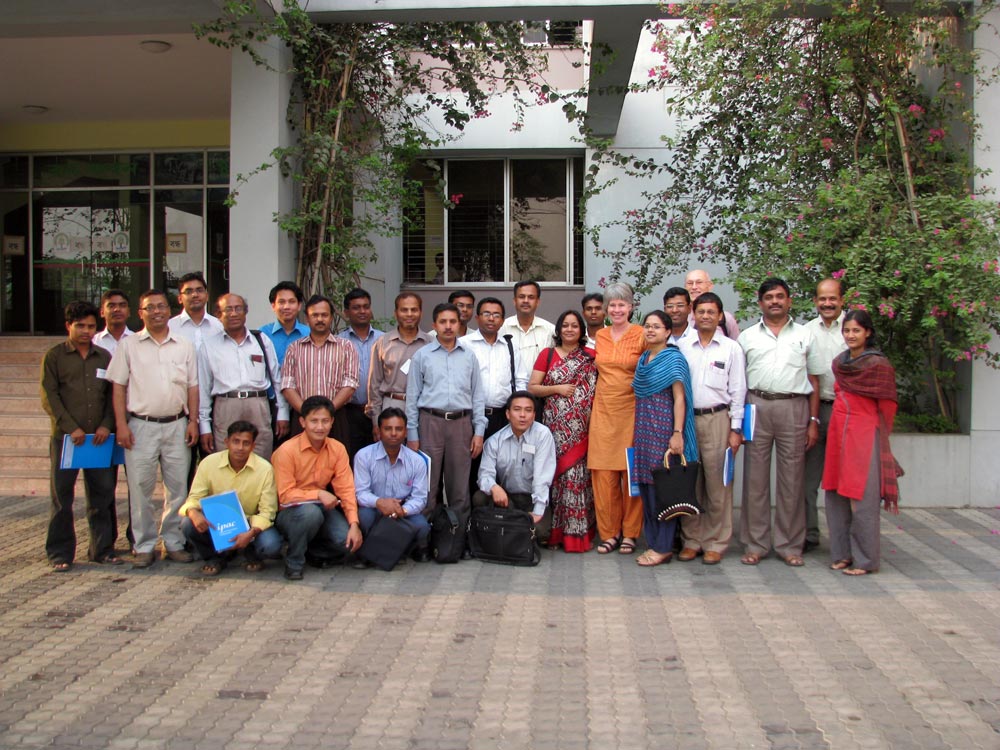
Community-Based Tourism in Bangladesh’s Protected Areas
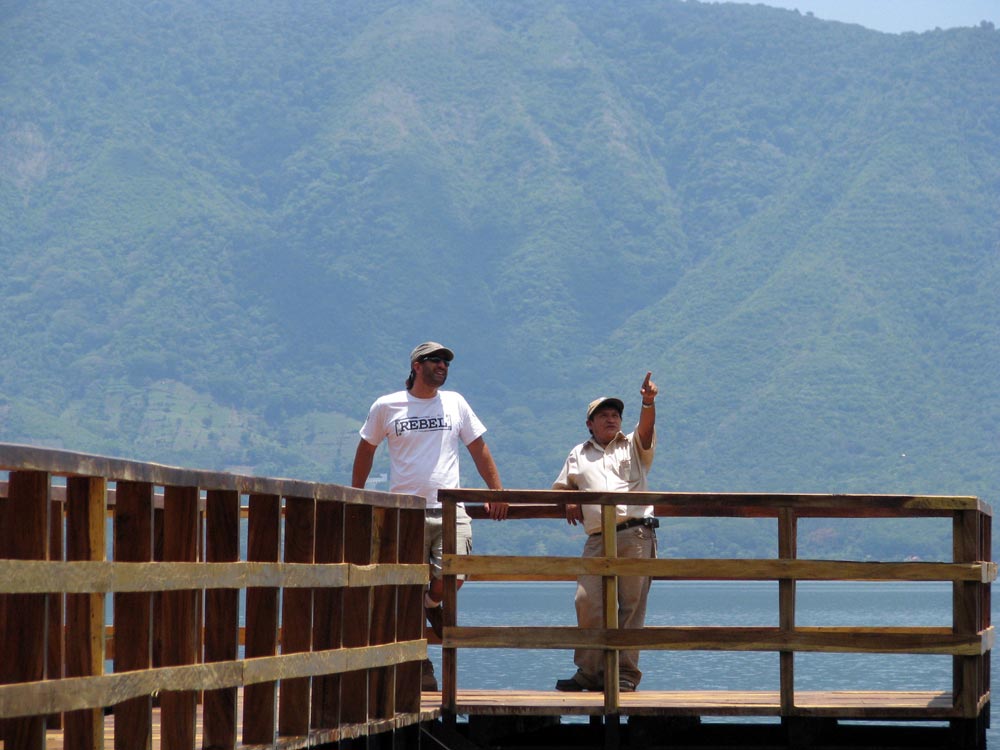
Developing a Sustainable Tourism Economy in El Salvador
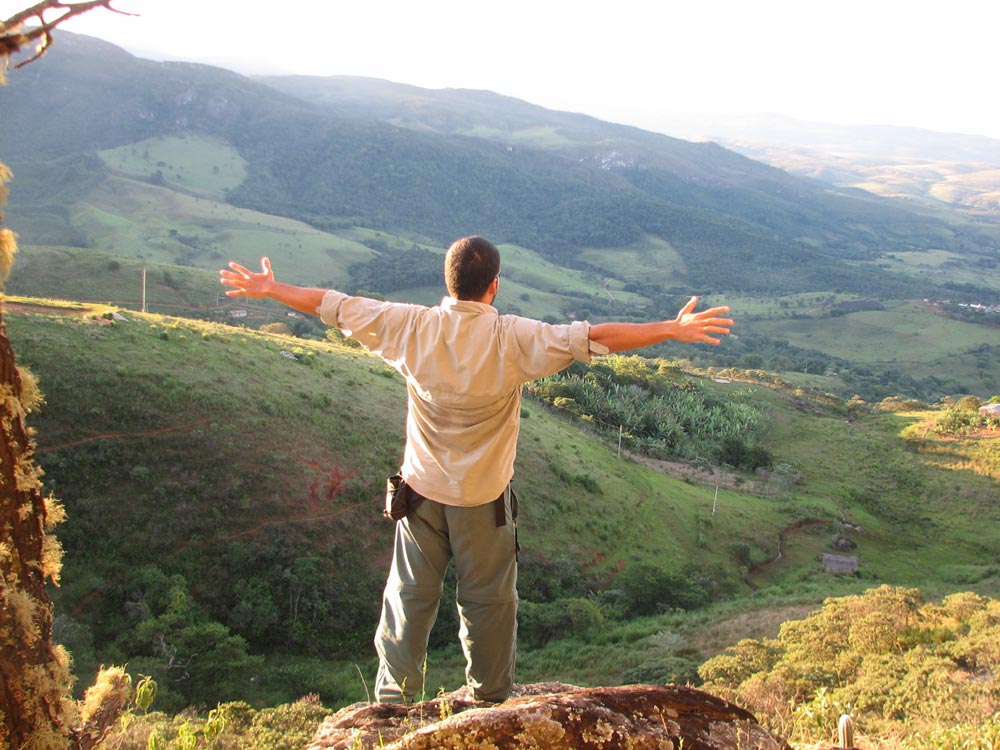
The Gems of Brazil’s Nature Tourism along the Estrada Real
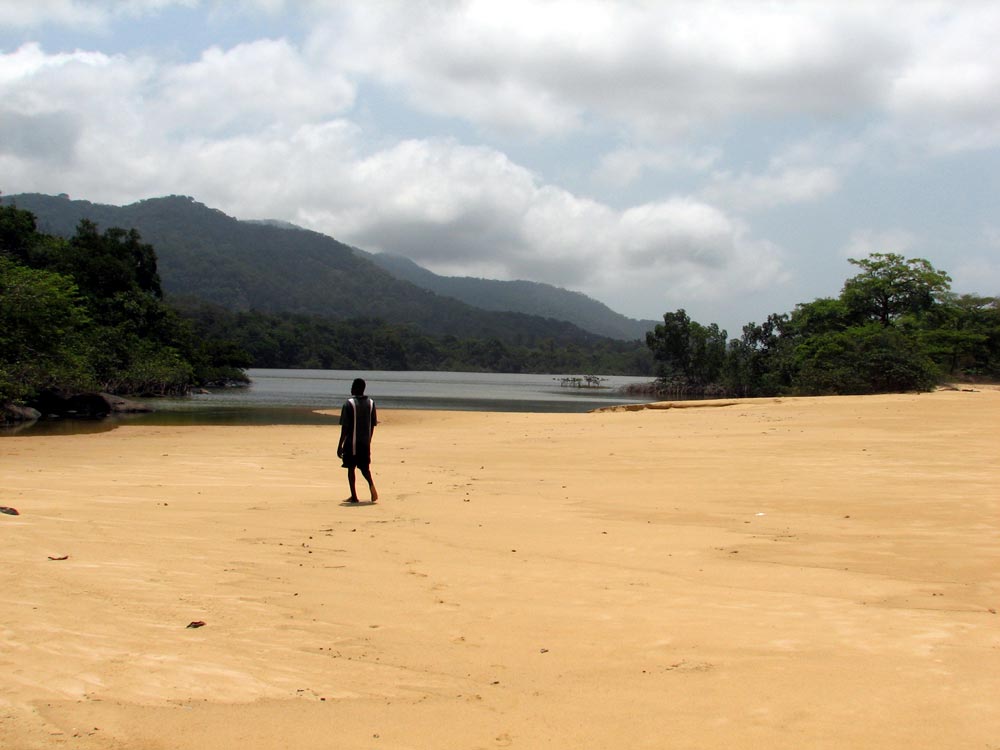
Social and Environmentally Responsible Tourism in Sierra Leone
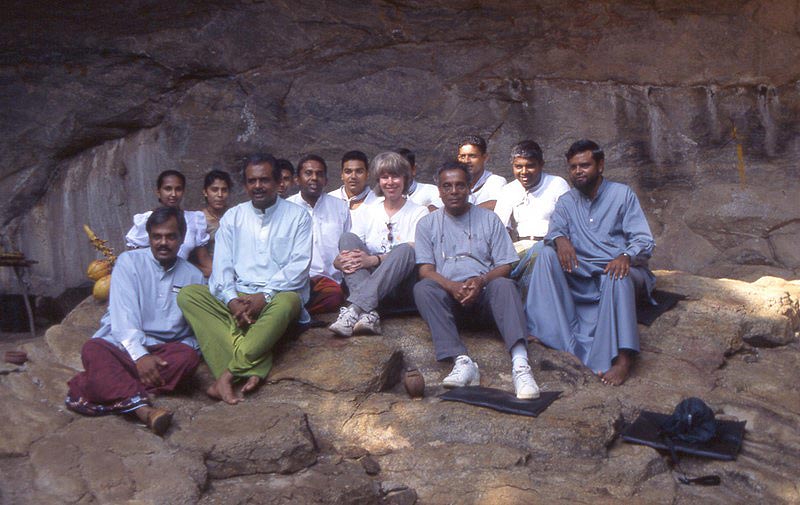
Sri Lankan Model Rainforest Ecolodge
EplerWood International helped to develop, create and finance the online, self-paced Sustainable Tourism Destination Management course from Cornell University in 2022. Over 600 enrolled in 2023, our first anniversary. It is evidently changing the way students and professionals think, learn and act on the challenges of managing destinations sustainably. Course alumnae have now stepped up to explain why this course is fundamental to their thinking, what their course experience has been, and why it will guide thinking about sustainable destination management in future. Dozens have posted their comments on LinkedIn without prompting as they completed the course. Read a selection of their comments here.
Graduates Speak Out on the Value of the
Cornell Sustainable Tourism Destination Management Course
-
"I 100% recommend the Sustainable Tourism Destination Management course from Cornell University led by the great Megan Epler Wood. It has a large number of useful tools and examples - from all over the world – and helped me to understand tourism taxes, climate action plans, and land management tools, all of which are addressed in an educational and entertaining way."
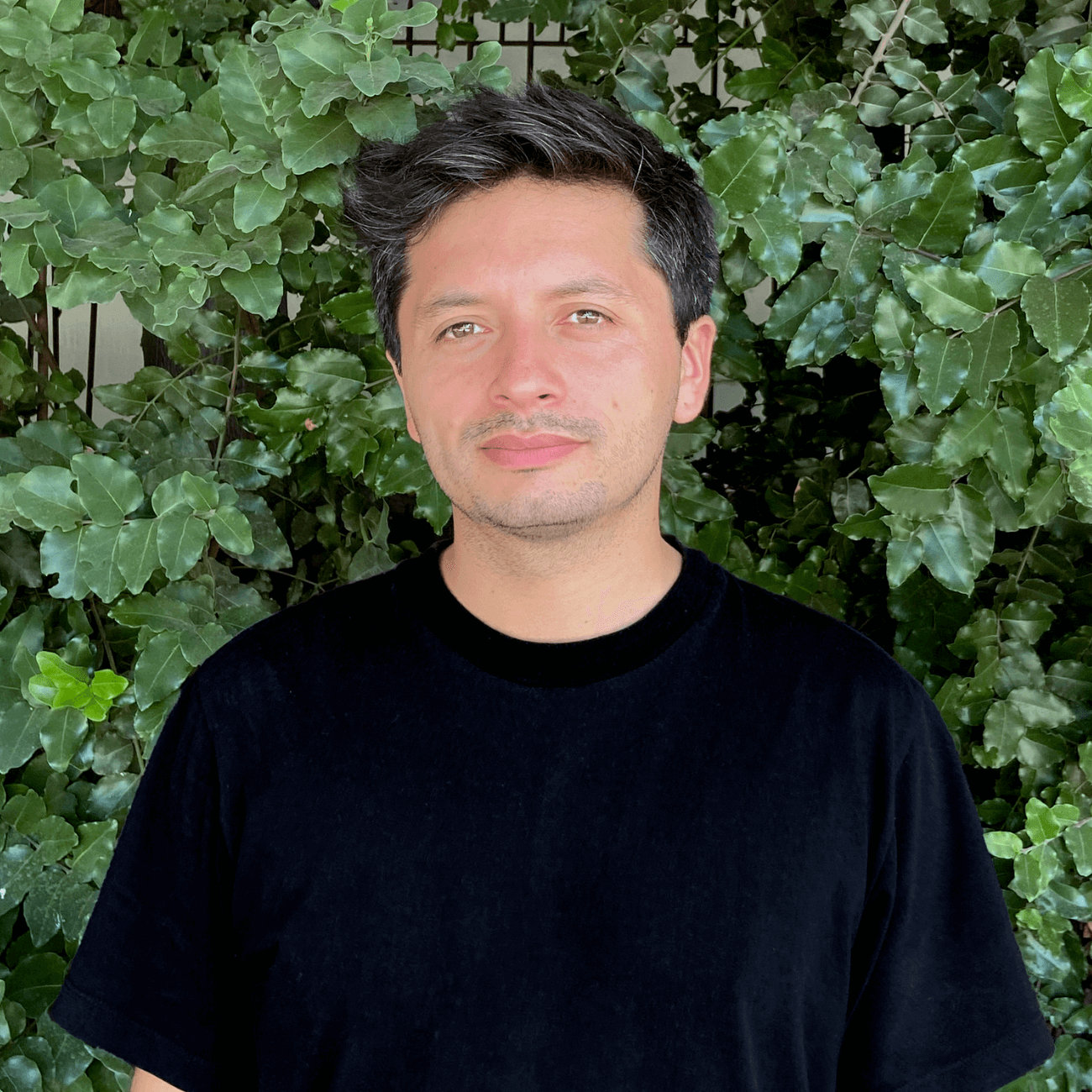 Marco Lucero Co-Founder, Cuidadores de Destinos, Chile
Marco Lucero Co-Founder, Cuidadores de Destinos, Chile -
"The Cornell course provided a comprehensive understanding of the challenges facing tourism destinations and proposed solutions that acknowledge the tourism industry's and local communities' collective responsibility."
 Helen Van Wengen House of Social Enterprise, Amsterdam, Netherlands and Jordan
Helen Van Wengen House of Social Enterprise, Amsterdam, Netherlands and Jordan -
"I came into the course having mixed feelings because of my experience in past
e-learning modules. But, the amount of content was just right. The introductory summaries for each module were on point, simple and easy to digest, and it made me look forward to the rest of the material in each module. I completed it with so much joy knowing that there are great experts and resources who are doing their part in making sure we make tourism more sustainable one course at a time." Christina Gale Sustainable Tourism Manager, The Pacific Tourism Organization, Fiji
Christina Gale Sustainable Tourism Manager, The Pacific Tourism Organization, Fiji -
"One of the most interesting courses I have taken on sustainable tourism. I am very grateful to everyone involved for making such a holistic analysis of different places possible and giving us perspectives that we can apply in our environment to safeguard one of the most important economic niches of any country."
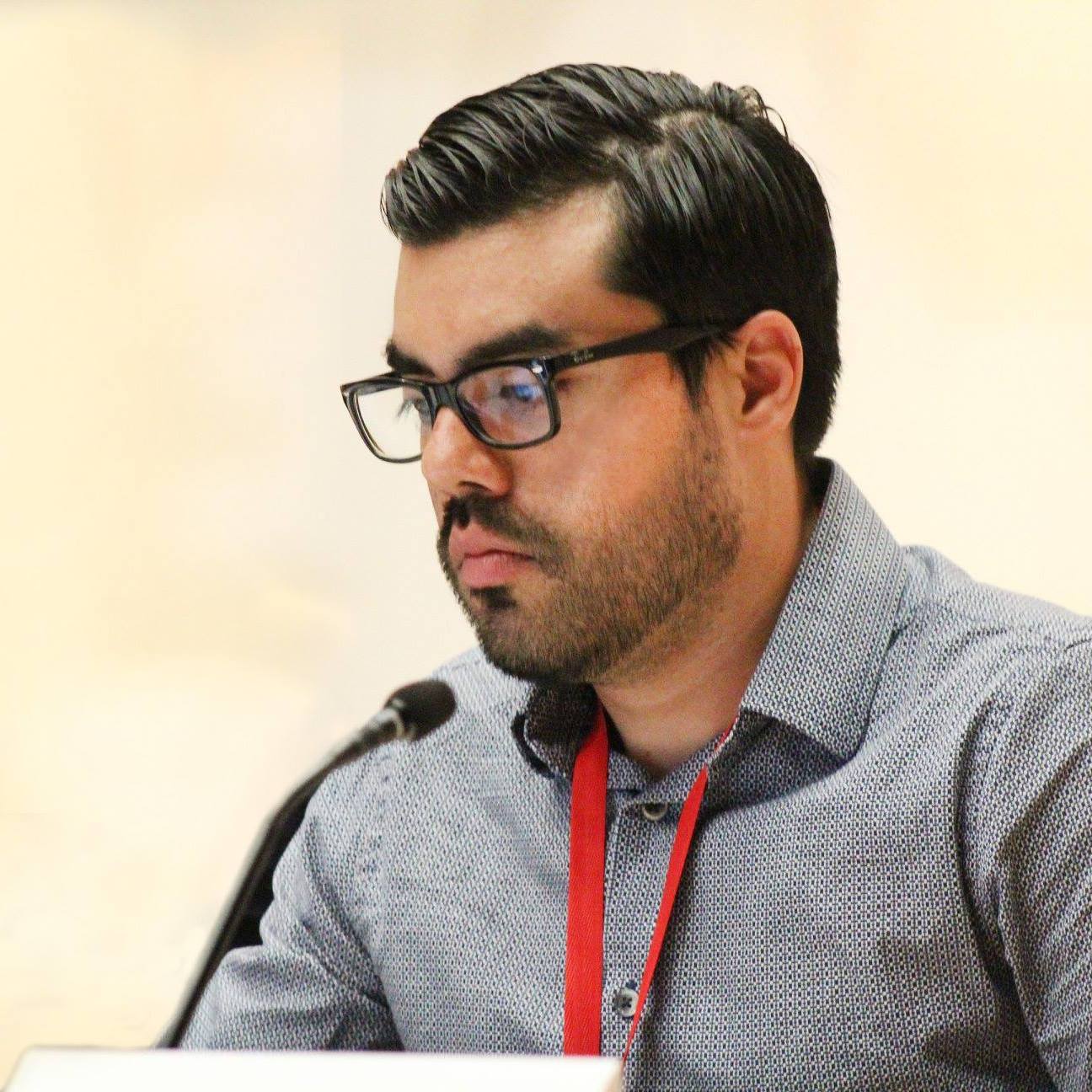 Cuau Ramírez Economic Analyst, University of Colima, Mexico City, Mexico
Cuau Ramírez Economic Analyst, University of Colima, Mexico City, Mexico -
"I am happy to have completed the Sustainable Tourism Destination Management course by Cornell University. Among many points, I learned: The invisible costs of tourism on destinations are the costs to upgrade infrastructure beyond resident needs to meet tourism demands. If the invisible costs of tourism are not met at the destination level, top destinations will have a growing debt per tourist even as tourism economies soar."
 Dominic Wanjiru Sustainable Travel & Tourism Agenda, Kenya
Dominic Wanjiru Sustainable Travel & Tourism Agenda, Kenya -
"I had an incredible learning experience. It's been empowering to learn how the real ‘net’ economic value of tourism could be calculated on a destination scale. I especially enjoyed learning how to develop a destination-level greenhouse gas inventory to assess climate vulnerability and develop actionable climate action plans for tourism destinations."
 Shivya Nath Climate Conscious Travel, India
Shivya Nath Climate Conscious Travel, India
A wide range of tested, data-driven innovations to manage tourism sustainably at the destination level were introduced in this course. These skills will now be part of a Cornell STAMP effort to apply these regional tourism planning tools working with top students worldwide.
Stay tuned and check out our most recent Cornell free Keynote webinar on The Skills Required to Future-Proof Tourism Destinations.
The course was thanks to the support from the Deutsche Gesellschaft für Internationale Zusammenarbeit (GIZ) on behalf of the German Federal Ministry for Economic Cooperation and Development (BMZ), The Travel Foundation, and Cornell University Center for Sustainable Global Enterprise together with Cornell STAMP and eCornell.
What's New?
 EplerWood International (EWI) completed its first Climate Action Report for the year 2022, as a signatory of the Glasgow Declaration on Climate Action in Tourism. The company will annually review its GHG emissions reductions, working at the destination level, tracking its footprint within the City of Burlington, Vermont, US.
EplerWood International (EWI) completed its first Climate Action Report for the year 2022, as a signatory of the Glasgow Declaration on Climate Action in Tourism. The company will annually review its GHG emissions reductions, working at the destination level, tracking its footprint within the City of Burlington, Vermont, US.
Our home city has a Net Zero goal for 2030 which is defined as “reducing and eventually eliminating fossil fuel use from the heating and ground transportation sectors.” The full report explains reductions in our fossil fuel use, transportation issues and measures to reduce air flight impacts for the company as well as goals for decarbonizing and regeneration.
Read more.


